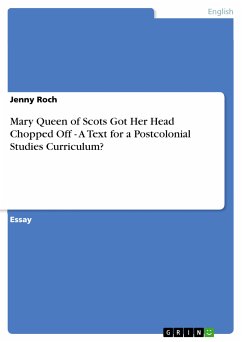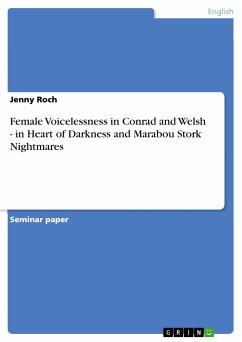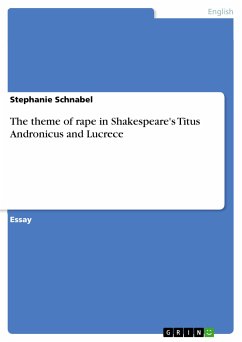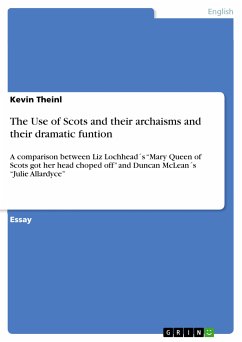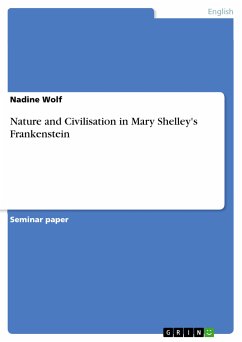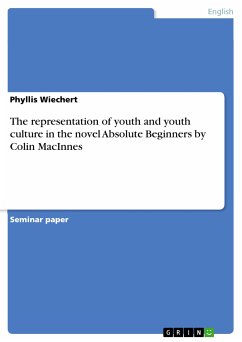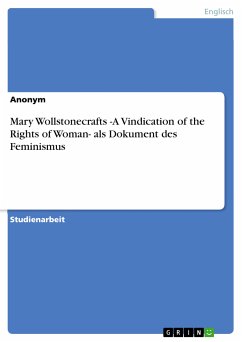Essay from the year 2006 in the subject English Language and Literature Studies - Literature, grade: B1 (17/22), University of Glasgow (Department of English Literature), course: Module T4 - Postcolonialism: Theory and Writing, language: English, abstract: Just a few weeks ago, in a tutorial for the Postcolonial Studies course I am taking, I heard that, at a university in Britain, someone had put Lewis Grassic Gibbon’sSunset Songon the curriculum - a selection which struck me as incongruous, having read the book in a Scottish Literature class. I thought to myself, how far can one go in the mission of reading a postcolonial context onto or into any text? Is it enough for a text to display some sort of theme of displacement or estrangement, a struggle with identity, for it to be postcolonial? If this question is to be answered in the affirmative, and if ‘postcolonialism is extended to an increasing number of contexts, a need to rely upon theoretical models that lack materialist specificity in favour of general applicability’ is indispensable. Although ‘postcolonial theory is often seen as applicable to contexts that are not colonial’, as it deals with issues of displacement, marginalisation and otherness in general, one Scottish play registered to me as befitting perfectly well both a colonial context, as well as one of displacement and marginalisation, is Liz Lochhead’sMary Queen of Scots Got Her Head Chopped Off(MQS). Although it can be seen as a history play, it is effectively a revisitation of the history and myths that surround Mary Queen of Scots and Elizabeth I, which seeks to ‘debate the ideas and representations of “Scottishness”’ in a Scotland that is nowadays still subjugated by the English supremacy in Britain.
Bitte wählen Sie Ihr Anliegen aus.
Rechnungen
Retourenschein anfordern
Bestellstatus
Storno

